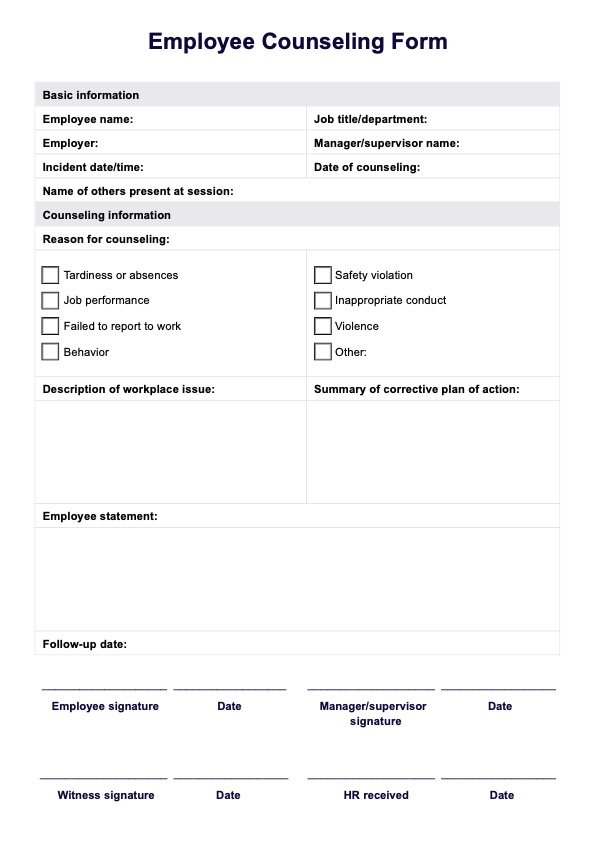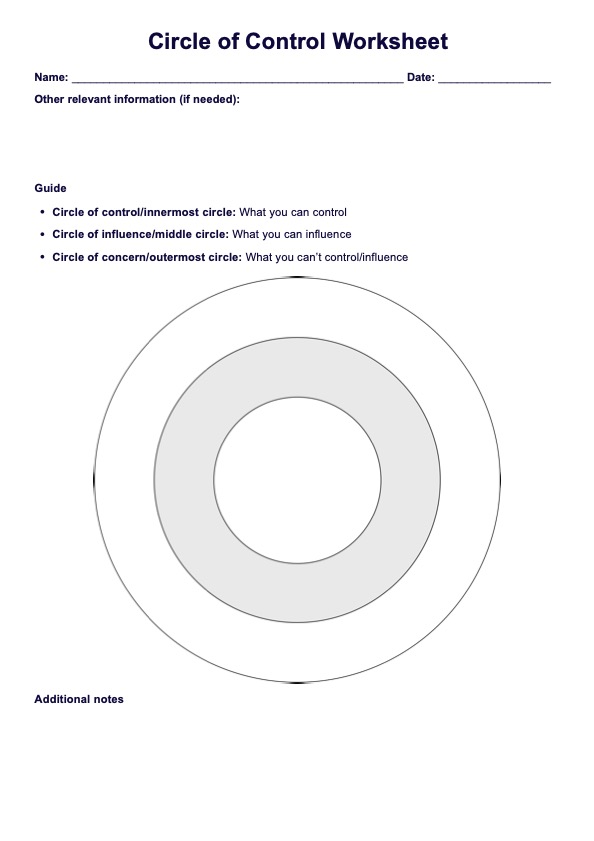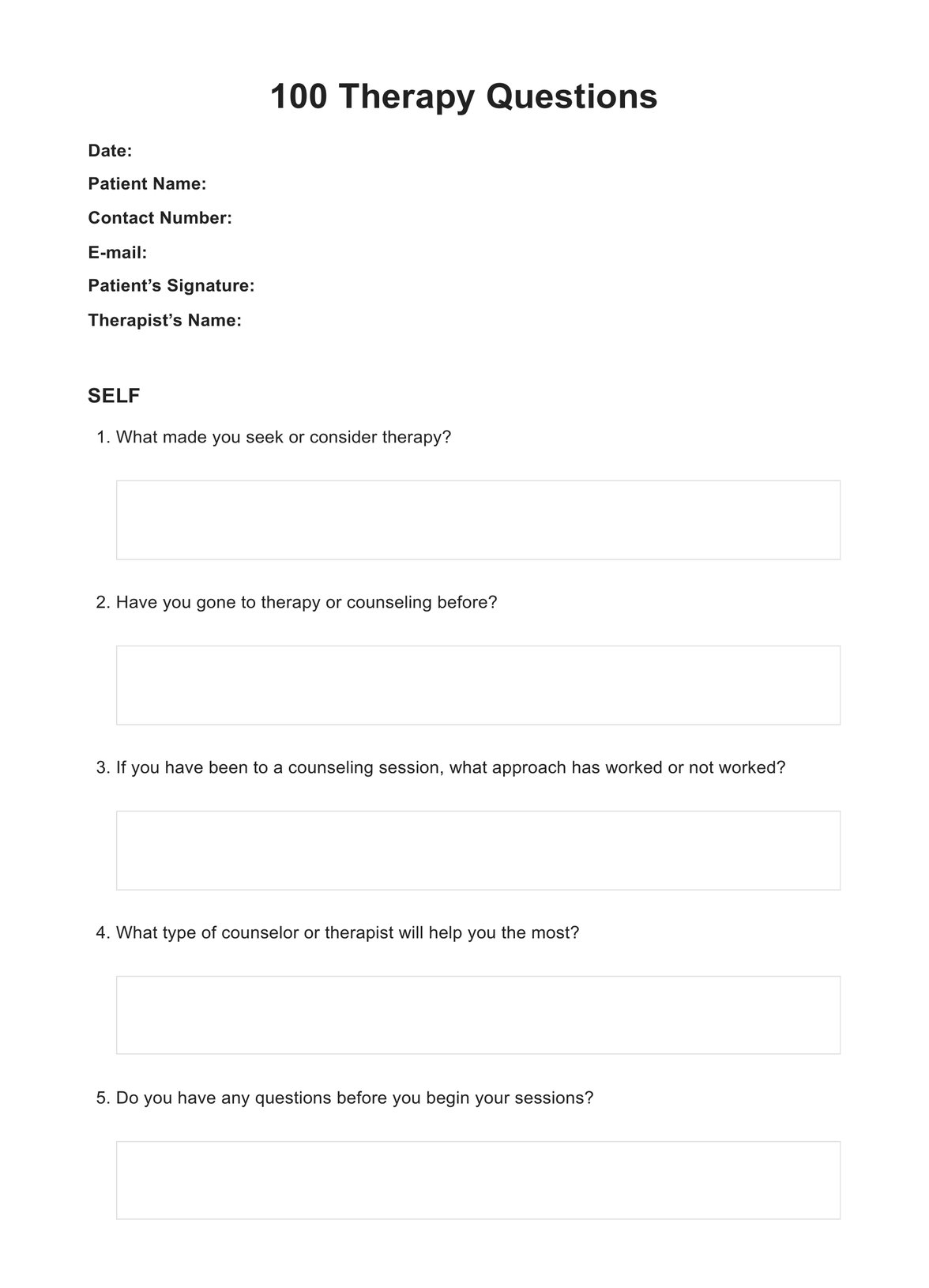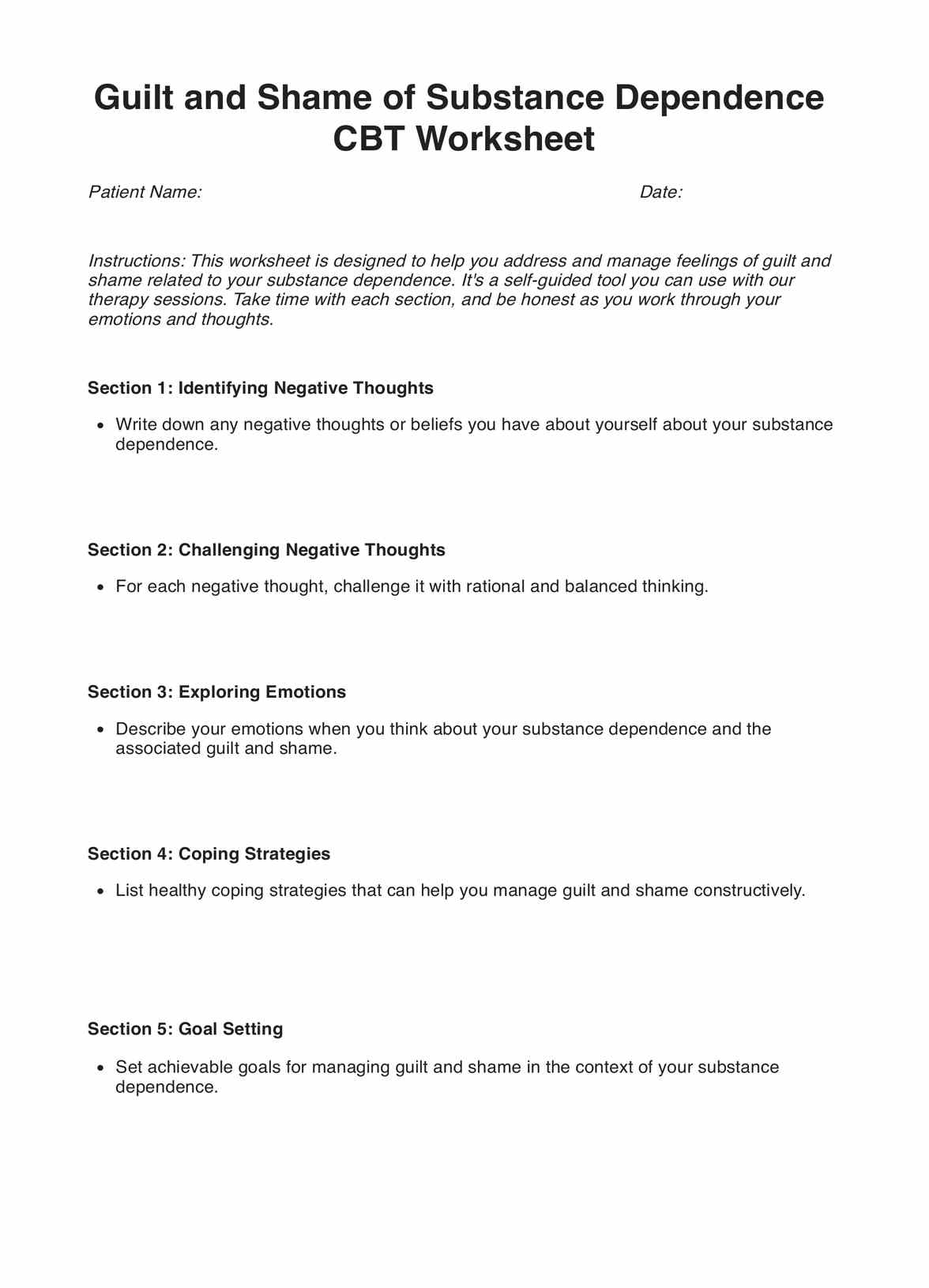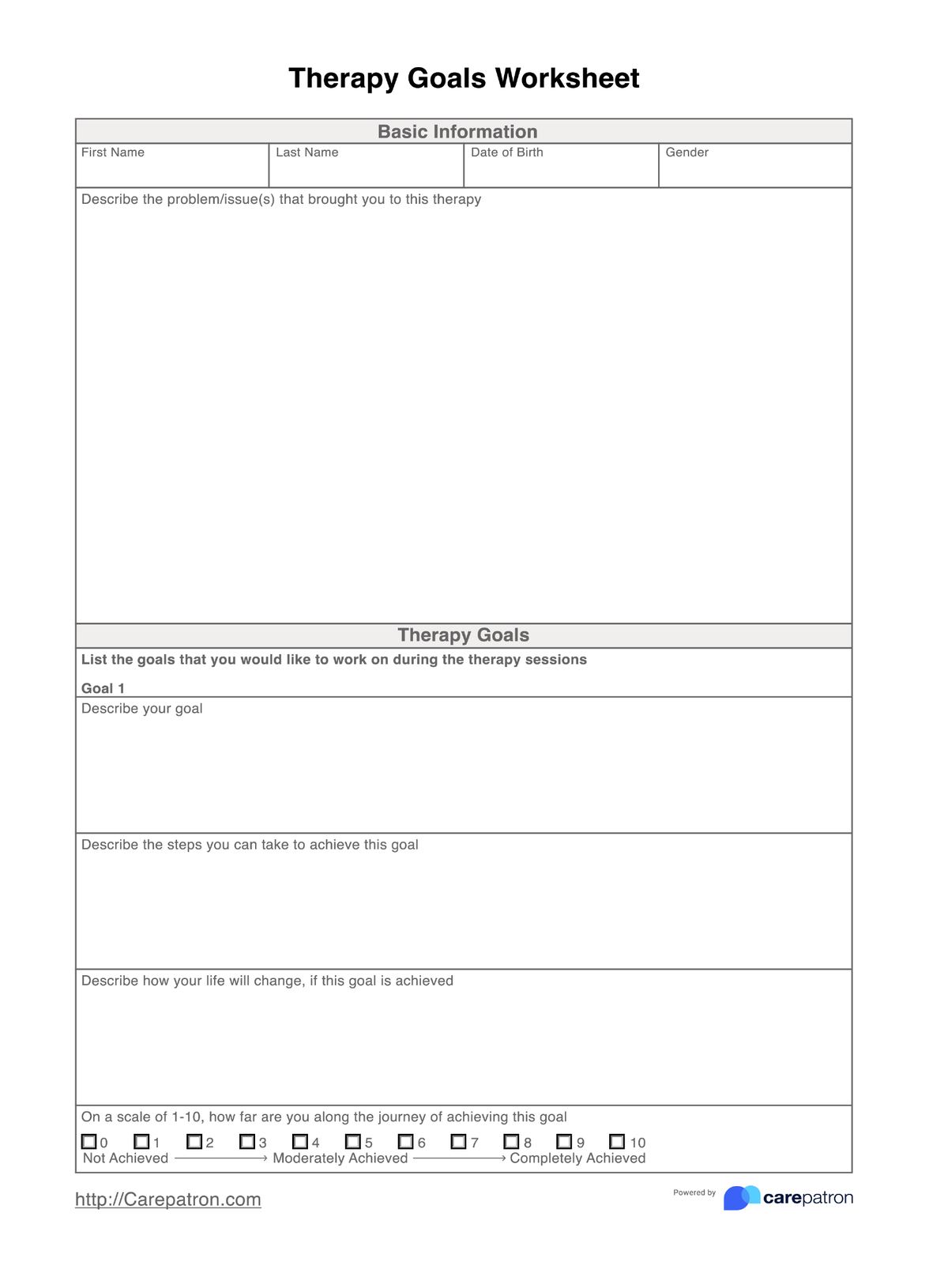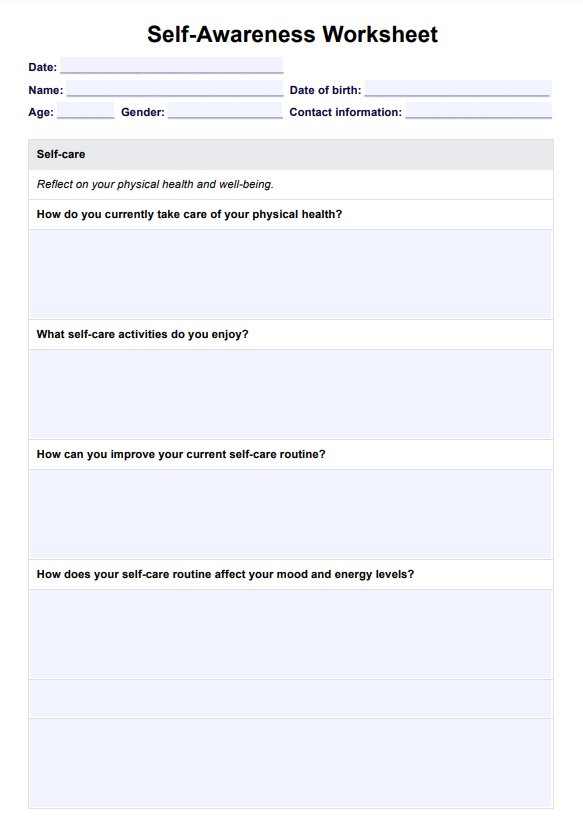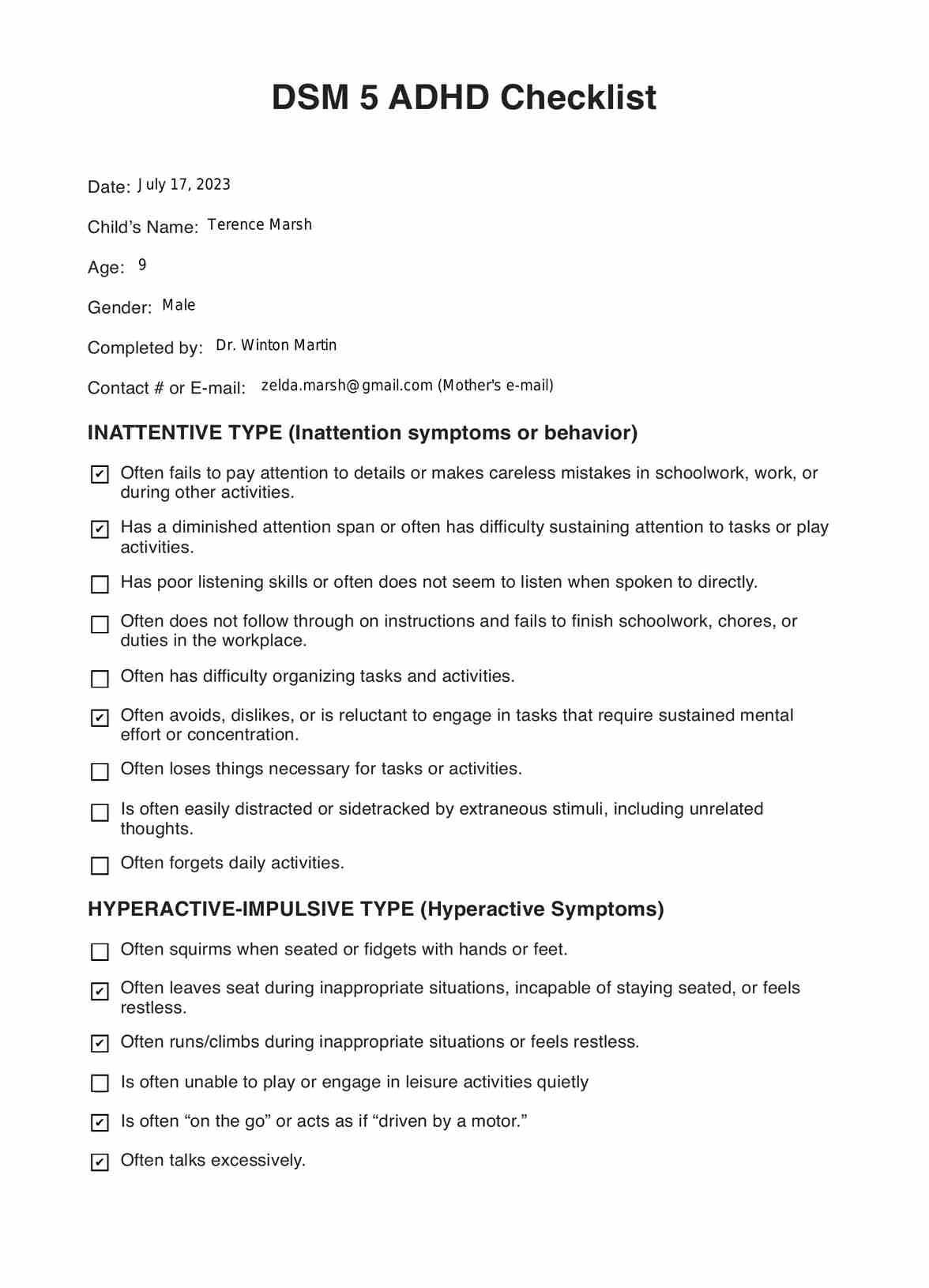Bipolar Recovery Questionnaire (BRQ)
Unlock the path to recovery with the Bipolar Recovery Questionnaire (BRQ). Customized insights for informed decisions. Navigate the journey with clarity.


What is bipolar disorder?
is characterized by extreme mood swings between manic highs and depressive lows, which can disrupt sleep, energy levels, judgment, and daily activities. Addressing this mental health condition is paramount as it profoundly impacts individuals' lives, altering their emotions, behaviors, and cognitive functioning.
While the exact cause remains elusive, a blend of genetic predisposition, environmental factors, and brain chemistry is believed to contribute. A familial history of the disorder and environmental stressors like trauma and substance abuse may exacerbate its onset.
Bipolar disorder manifests in several forms, with Bipolar I being the most severe. It entails manic episodes marked by heightened mood lasting over a week, potentially leading to risky conduct. Bipolar II involves hypomanic episodes that are less severe but still disruptive, coupled with depressive episodes. Cyclothymic disorder, the mildest form, encompasses cyclical periods of hypomania and depression spanning at least two years.
While chronic, bipolar disorder can be effectively managed through a combination of medications, therapy, and lifestyle adjustments. Medications aid in mood stabilization, reducing the frequency and intensity of mood episodes. Therapy equips individuals with coping mechanisms and symptom management skills. Incorporating regular exercise, a balanced diet, and adequate sleep further aids in managing the disorder.
Recognizing the signs and seeking professional help are crucial steps. Early intervention and proper treatment are essential to mitigate the impact of bipolar disorder, enabling individuals to lead fulfilling lives despite its challenges.
Are you looking for a relevant treatment plan? Check out the video below:
Bipolar Recovery Questionnaire (BRQ) Template
Bipolar Recovery Questionnaire (BRQ) Example
How to use the Bipolar Recovery Questionnaire (BRQ):
The Bipolar Recovery Questionnaire (BRQ) is a comprehensive self-assessment tool designed to gauge an individual's progress and well-being throughout bipolar disorder recovery. This questionnaire provides valuable insights into various aspects of an individual's mental health, symptom severity, coping strategies, social support, and overall quality of life. By answering a series of structured questions, individuals can gain a clearer understanding of their experiences and challenges related to bipolar disorder.
Here's a step-by-step guide on how to use the Bipolar Recovery Questionnaire:
Step 1: Download and Acquire the Template
Begin by obtaining a copy of the Bipolar Recovery Questionnaire template. This template is useful for mental health professionals, therapists, and support groups.
Step 2: Set the Stage
Find a quiet and comfortable space to focus on completing the questionnaire without distractions. Ensure you have a pen or pencil and the printed questionnaire ready.
Step 3: Self-Assessment
Read each question carefully and consider your experiences over the past week. Be honest and open in your responses. Use the provided response options to indicate the extent to which each statement reflects your current situation.
Step 4: Reflect and Consider
As you complete the questionnaire, take a moment to reflect on your answers. Consider how your mood swings, coping mechanisms, social support, and overall well-being have influenced your daily life.
Step 5: Score and Interpretation
Once you have completed the questionnaire, you can tally the responses for each section. This will give you an overview of your current state and progress in various areas of your recovery journey. Remember, there are no "right" or "wrong" answers; the goal is to gain insight into your unique experiences.
Step 6: Discuss and Track Your Progress:
Share your completed questionnaire with your mental health provider to tailor your treatment plan. Use the bipolar disorder recovery questionnaire regularly to monitor changes, enabling you and your provider to track progress, identify trends, and adjust strategies for effective bipolar disorder management. This collaborative approach empowers you to actively engage in your recovery journey.
When would you use this Bipolar Recovery Questionnaire (BRQ)?
The Bipolar Recovery Questionnaire (BRQ) is a valuable tool at various stages of an individual's journey toward managing bipolar disorder. It is particularly useful for the following situations;
Initial Assessment: When first diagnosed with bipolar disorder, the BRQ helps individuals and their healthcare providers gain a comprehensive understanding of bipolar disorder symptoms, triggers, and coping mechanisms, aiding in the development of an effective treatment plan.
Treatment Plan Review: Periodic completion of the BRQ allows users to assess the efficacy of their treatment plan, identify areas of improvement, and communicate openly with their mental health professional about necessary adjustments.
Transitions and Life Changes: During major life events or transitions, such as starting a new job or experiencing relationship changes, the BRQ helps users gauge how well they manage stressors and adapt to new circumstances.
Relapse Prevention: When transitioning out of an episode, the BRQ helps users and their healthcare providers monitor progress and recognize warning signs of potential relapses, enabling timely intervention.
Long-Term Management: Regular completion of the BRQ is a tool for continuous progress tracking, enabling users to maintain stability and make informed decisions about their treatment plan over time.
Diagnosis and Treatment: Mental health professionals, including psychiatrists, psychologists, therapists, and counselors, can use the BRQ to assess and diagnose bipolar disorder, guiding treatment decisions tailored to the individual's needs.
Treatment Planning: The BRQ assists in tailoring treatment plans based on individual responses, helping healthcare providers focus on specific areas of concern.
Progress Monitoring: Mental health professionals can track their clients' progress, evaluate the effectiveness of interventions, and adapt treatment approaches accordingly.
Communication: The BRQ fosters meaningful discussions between patients and healthcare providers, enabling a collaborative approach to treatment and recovery.
What are the benefits of using this Bipolar Recovery Questionnaire (BRQ)?
The Free Bipolar Recovery Questionnaire (BRQ) serves as a valuable tool at various stages of an individual's journey toward managing bipolar disorder.
Personal Experience Measurement
The BRQ, a self-report questionnaire, assesses an individual's subjective journey to recovery from bipolar disorder, capturing aspects like hope, self-efficacy, and personal growth.
Reliable and Valid
Supported by research such as "The Bipolar Recovery Questionnaire: Development, psychometric properties, and clinical application" (Dodd et al., 2012), the BRQ has demonstrated reliability and validity, consistently measuring intended factors and effectively gauging recovery progress.
Positive Outcome Correlation
Higher BRQ scores align with lower depression and mania levels, improved functioning, enhanced mental health, quality of life, and personal growth, indicating its relevance as a valid measure of recovery in bipolar disorder.
Treatment Evaluation
Employed as an evaluation tool, the BRQ helps assess treatment efficacy for bipolar disorder. Its ability to monitor BRQ scores over time assists clinicians in determining the impact of treatments on recovery.
Empowerment Through Self-Management
By engaging individuals with bipolar disorder in tracking their own recovery progress, the BRQ empowers self-management. Users can identify support needs and lifestyle adjustments to foster recovery, promoting personalized well-being.
Stigma Mitigation and Awareness
As indicated in studies like "The Bipolar Recovery Questionnaire (BRQ): A review of the literature" (Kraiss et al., 2017), the BRQ aids in raising awareness about bipolar disorder recovery. It contributes to destigmatizing mental illness and highlighting the potential for fulfilling lives post-diagnosis.
Commonly asked questions
The BRQ typically takes about 15 to 20 minutes to complete.
Interpreting the BRQ findings involves assessing the individual's mood state by comparing depressive and manic/hypomanic symptom scores, evaluating treatment adherence, lifestyle habits, social support, and goal-setting. Insights gained help tailor support and interventions for a personalized bipolar disorder recovery plan. However, a qualified mental health professional should comprehensively analyze the results and provide personalized guidance based on the individual's responses and clinical context.
The BRQ is versatile and applicable at various recovery stages, from diagnosis to long-term follow-up. It serves to assess initial recovery, track progress over time, evaluate treatment effectiveness, identify support needs, and provide insights into the recovery experience for clinicians and researchers.
The BRQ is suitable for individuals diagnosed with bipolar disorder, regardless of age, gender, or race. It can also benefit those at risk of developing the disorder.


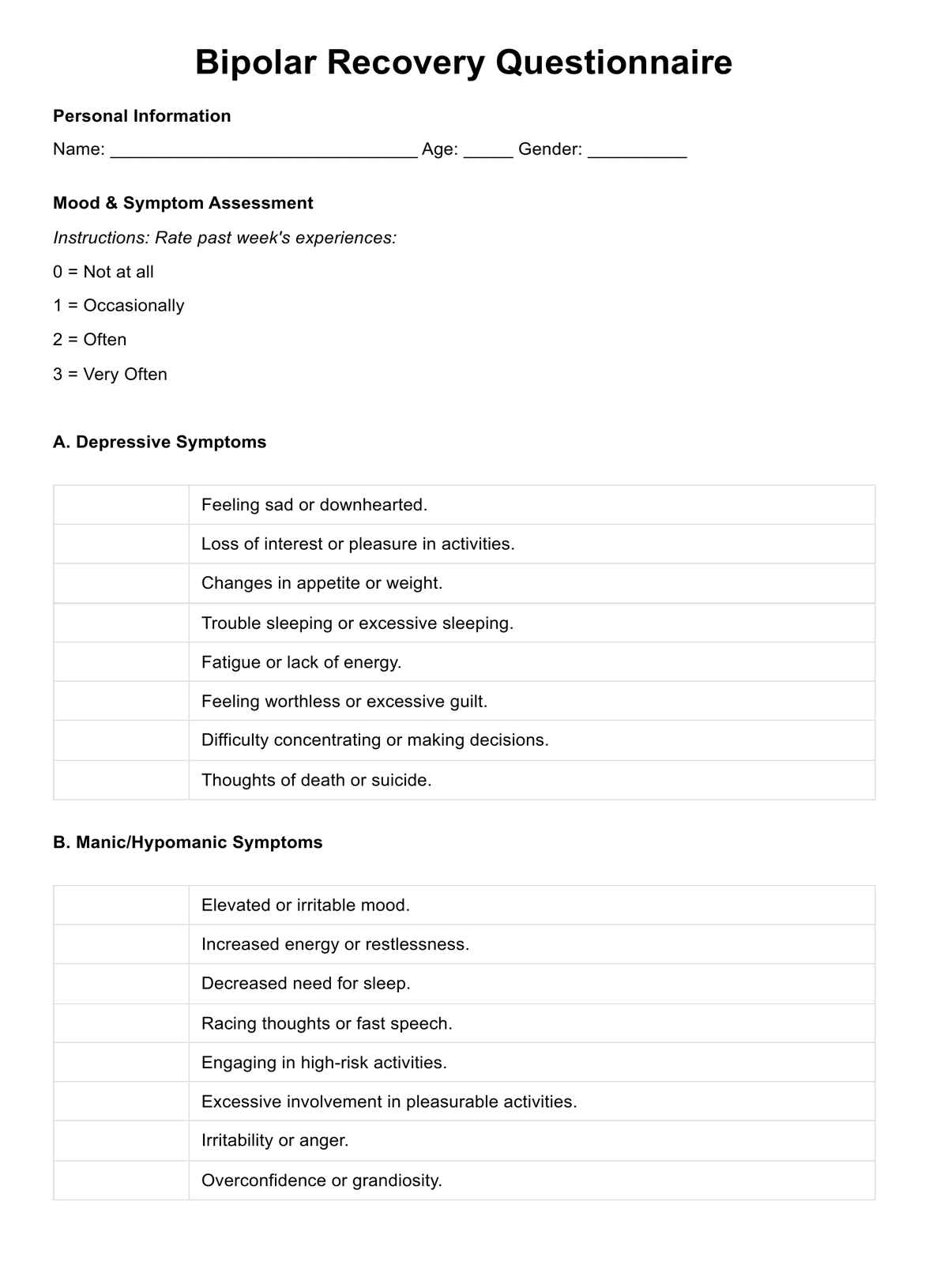
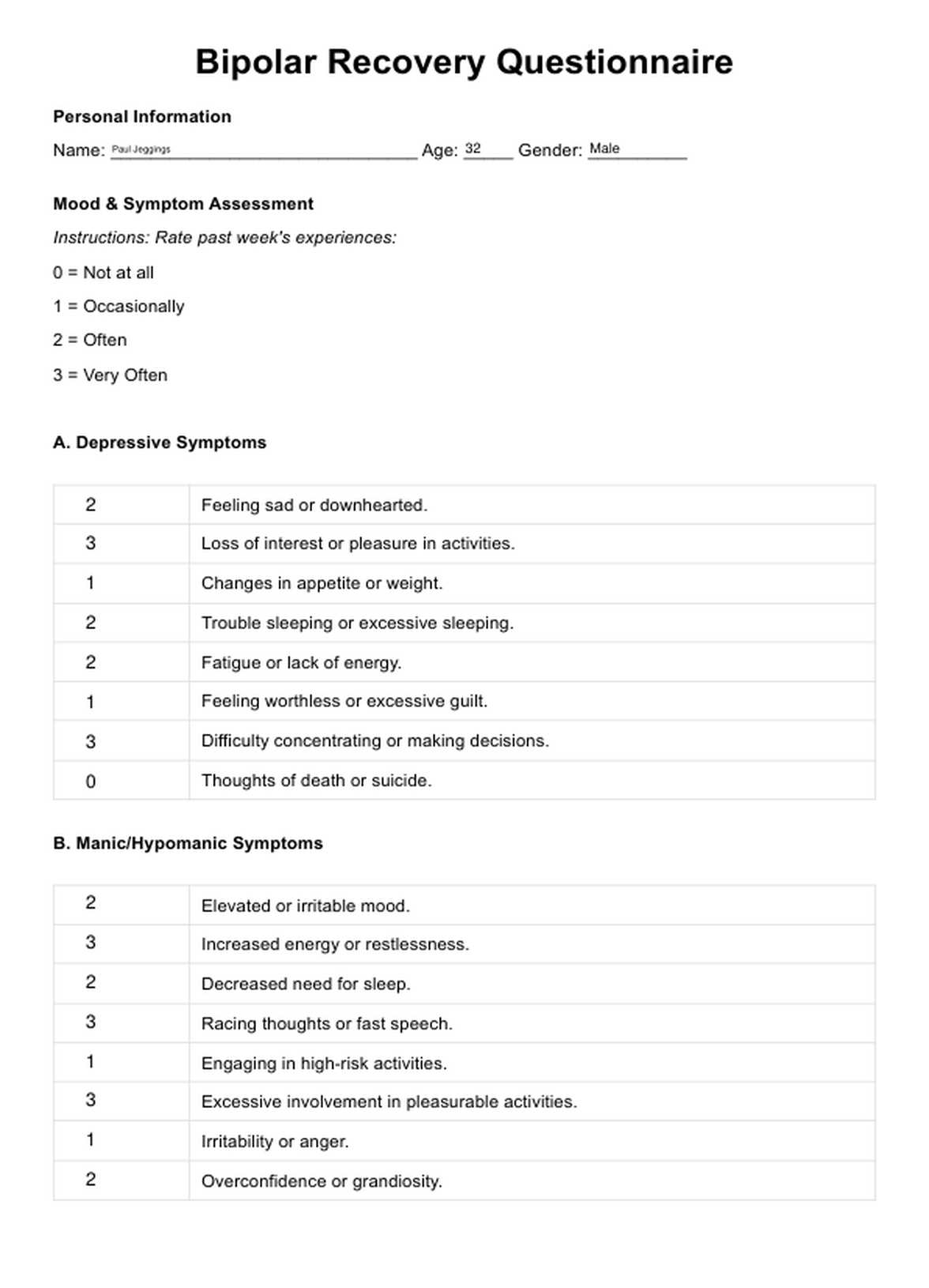














-template.jpg)






















































































